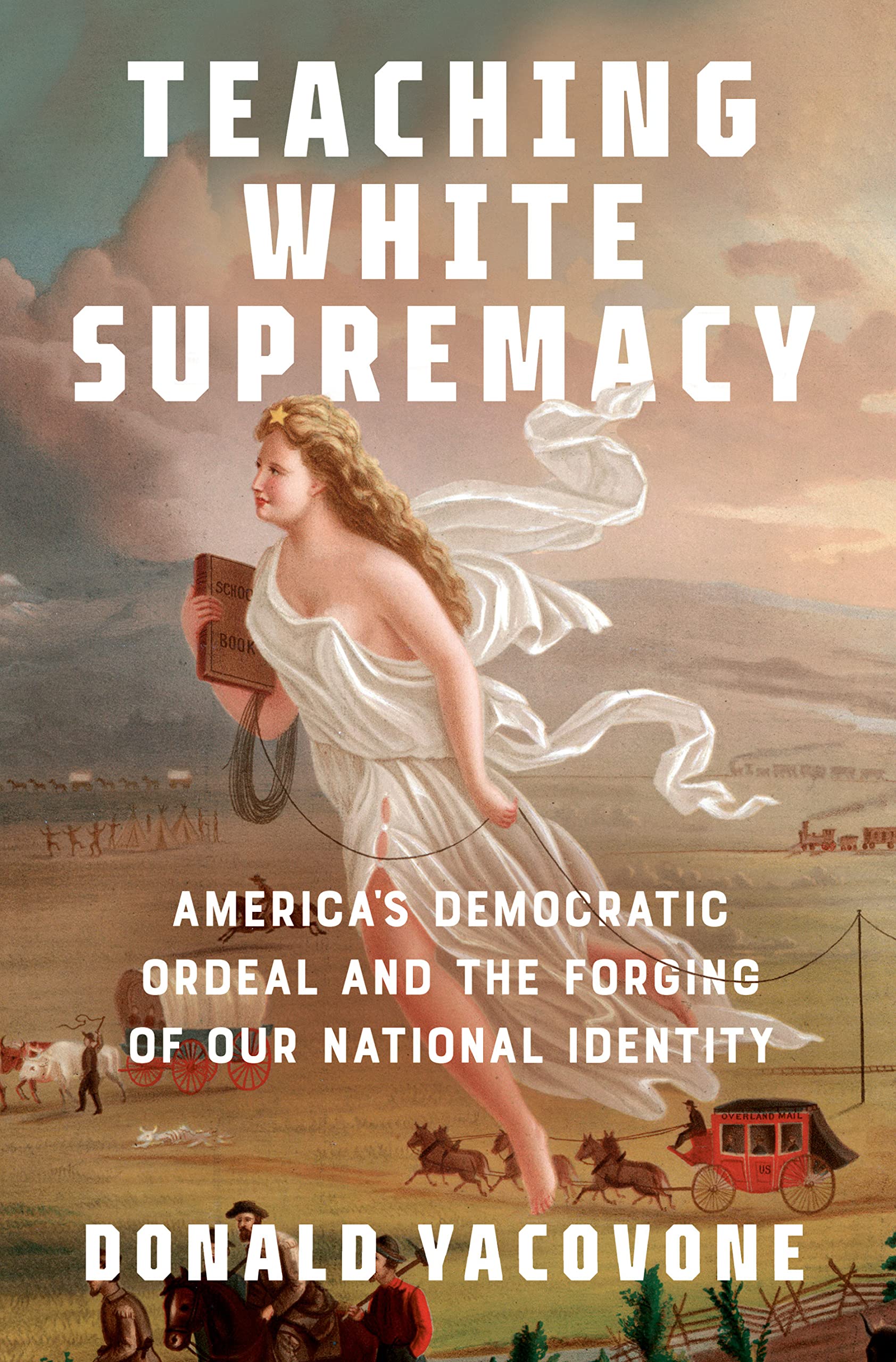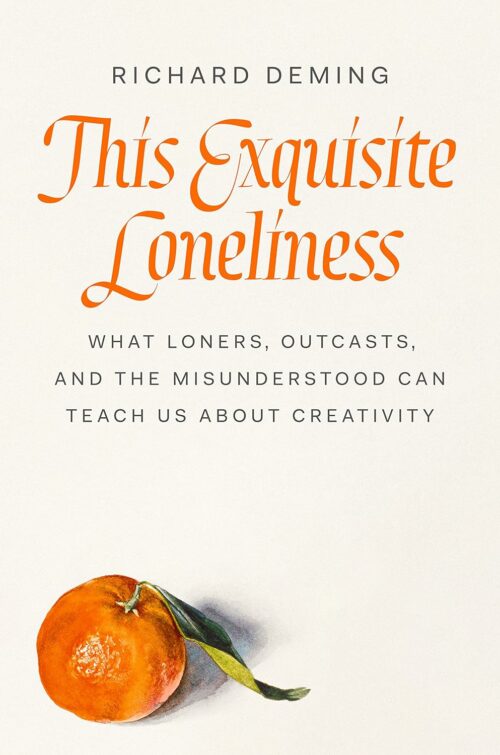Saturday, June 22, 2024
Teaching White Supremacy
Historian Donald Yacovone exposes evidence of America’s entrenched and enduring legacy of White Supremacy in its education system through "Teaching White Supremacy: America's Democratic Ordeal and the Forging of Our National Identity." Reviewing countless manuscripts, literary works, history books, and other primary sources, Yacovone identifies the continuous thread of racist and Eurocentric ideologies that ignored the Black American experience, justified and downplayed the brutality of slavery, and emphasized racial domination in the cultural narrative of the United States. The history of teaching history in American public schools in the US has always centered on White Anglo-Saxon ideals promoted by Northern writers. Yacovone painstakingly documents the incessant denigrating representation of enslaved Africans and Indigenous people in children’s textbooks. While the institution of slavery metastasized in the South, Yankee thinkers and authors sustained the invisibility of race and, in so doing, perpetuated and reinforced racism.
As educators and parents contend with the backlash against multiculturalism, it is important to understand the roots of the problem. Teaching White Supremacy is a critical addition to the profusion of texts naming the pre-eminence of the legacy of structural and institutional racism in U.S. society. What sets this book apart is Yacovone’s stature and lifetime expertise as a scholar and researcher of African-American history. His deep knowledge of the long arc of prejudiced beliefs and attitudes informs opportunities to rethink the past and defy the supremacy of Whiteness in American cultural identity.
Saturday, June 15, 2024
This Exquisite Loneliness
In "This Exquisite Loneliness," poet and critic Richard Deming pens an arresting and piercing analysis of the experience of profound aloneness and isolation from others. Deming excavates his own experiences in exploring both discontent and creative fervor as he examines the lives of six phenomenal figures, including writer Zora Neale Hurston, psychoanalyst Melanie Klein, Twilight Zone creator Rod Serling, and artist Egon Schiele. Part memoir and part character study, the author brings us to the recesses of his struggles with drug and alcohol addiction and relates his bouts with intense abandonment to the known lived experiences of other creatives
Deming pieces together information from autobiographies, interviews, and writings to formulate a coherent study of the extraordinary experience of transcending isolation and despair to create the most original and innovative works of art and writing. We learn that his connection to each of his subjects is deeply personal. For example, he writes about discovering Schiele’s haunting self-portraits as a teenager and Hurston’s works during a pivotal time of transition. Deming often wanders in the territory of an armchair psychologist, and his analysis could sometimes be a stretch. While passages that transition quickly into the author’s self-reflections about his own demons can be quite jarring, I recognize that this book would not be possible without a keen sense of introspection.
Subscribe to:
Posts (Atom)

